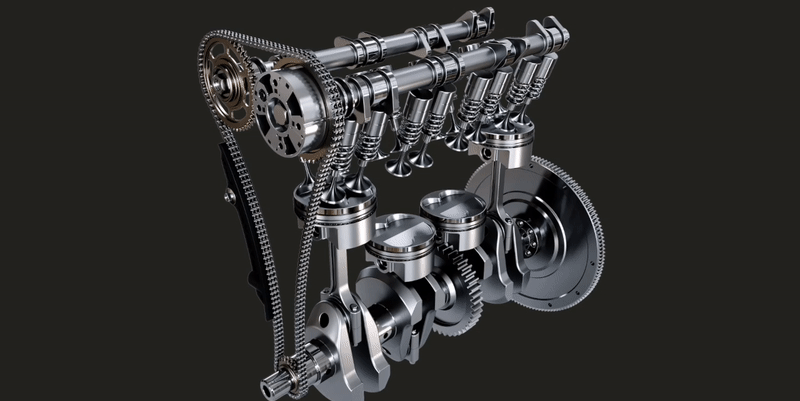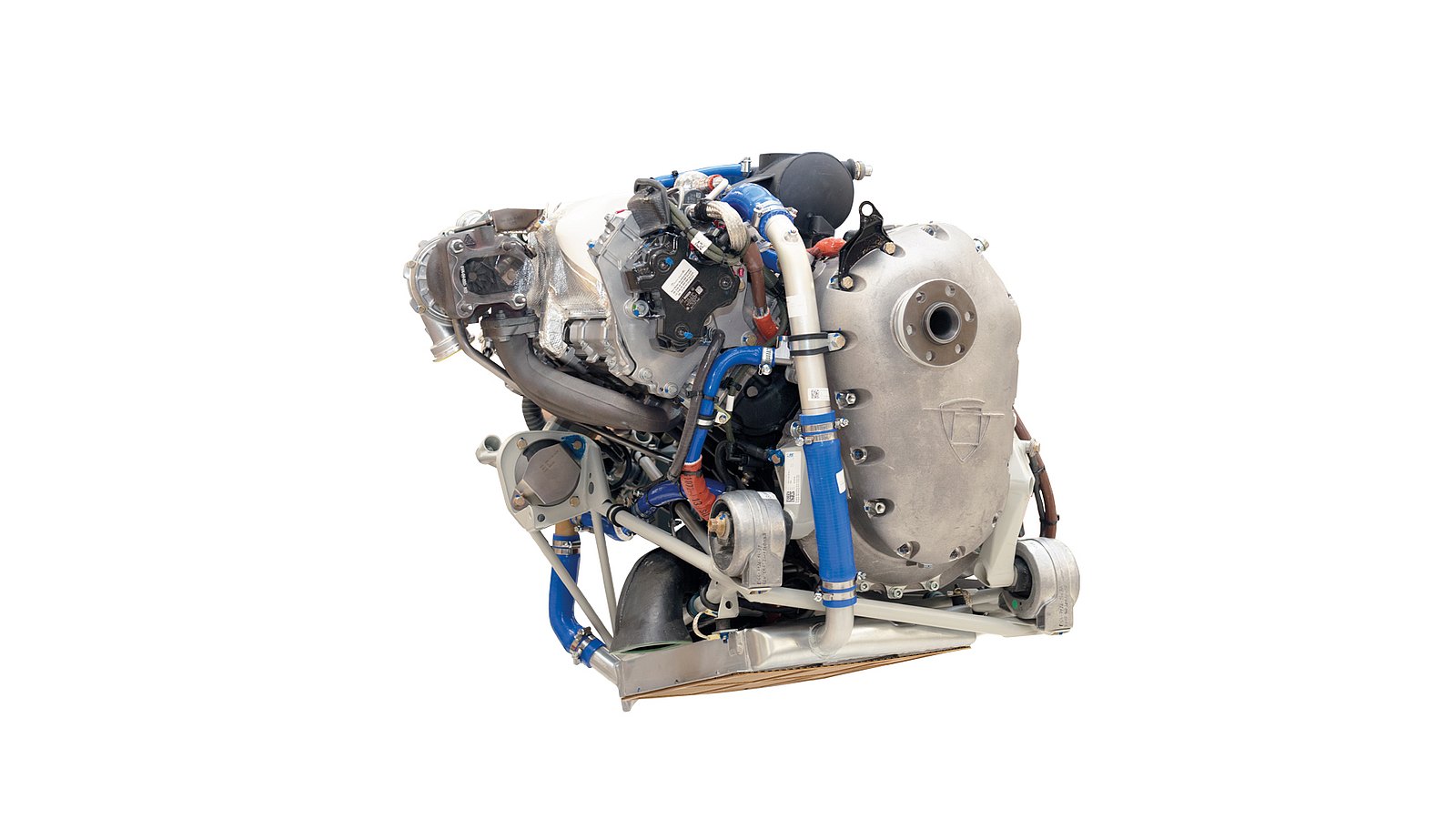Engines For Africa: Top Choice for Automotive Enthusiasts
Check Out a Wide Variety of Engines for every single Vehicle and Purpose
The automobile landscape is progressively complicated, with a diverse array of engine types developed to meet certain efficiency and effectiveness demands across different lorry groups. From the high-performance engines that power sporting activities cars to the fuel-efficient choices tailored for daily commuting, the selections are substantial and differed. In addition, durable engines offer the demands of job automobiles, while environment-friendly choices are gaining traction in the search of lasting transport. Recognizing these distinctions is vital for making notified decisions, particularly as emerging technologies proceed to shape the future of vehicle design. What ramifications might these developments hold for consumers and makers alike?
Kinds Of Automotive Engines
Automotive engines can be classified into numerous distinct types, each made to satisfy specific performance and efficiency requirements. The most common groups consist of interior burning engines, electric engines, and hybrid systems.

Electric engines, on the other hand, run on electric power stored in batteries, supplying instantaneous torque and no emissions. These engines are coming to be progressively preferred due to advancements in battery modern technology and the growing focus on sustainability.
Hybrid systems integrate both internal burning and electrical engines, enabling automobiles to optimize fuel efficiency and minimize exhausts by perfectly switching over in between source of power. Each engine type presents its disadvantages and advantages, affecting elements such as automobile layout, planned usage, and market demand. Recognizing these distinctions is crucial for producers and customers alike when choosing the suitable engine for their certain demands.
Efficiency Engines for Sports Cars
Performance engines for cars are especially crafted to provide improved agility, power, and rate, establishing them apart from basic vehicle engines. These engines commonly use sophisticated modern technologies such as turbocharging, supercharging, and variable shutoff timing to make the most of efficiency and responsiveness.
Generally, performance engines are developed with higher compression proportions, which enable higher energy extraction from gas. This leads to excellent horse power and torque figures, enabling quick velocity and greater full throttle. Moreover, the light-weight products utilized in these engines, such as light weight aluminum and carbon fiber, add to minimized general automobile weight, enhancing handling and ability to move.
Engine setups like V6, V8, and also hybrid systems prevail in performance sporting activities cars and trucks, each offering special benefits in regards to power shipment and driving characteristics. The tuning of these engines is also critical; lots of manufacturers enhance the engine management systems to provide an exhilarating driving experience, commonly consisting of sport settings that adjust throttle action and equipment changes.
Efficient Engines for Daily Commuters
In the world of daily travelling, efficient engines play a crucial function in maximizing fuel economic climate and reducing emissions while offering trusted performance. As metropolitan populaces grow and ecological problems heighten, the demand for automobiles geared up with effective powertrains has actually risen.
Modern engines developed for everyday travelers often include innovations such as turbocharging, straight gas shot, and crossbreed systems. Turbocharging boosts engine efficiency forcibly more air into the combustion chamber, enabling smaller sized, lighter engines that do not endanger power result. Straight gas shot boosts gas atomization, leading to better burning and increased efficiency.
Hybrid engines, integrating interior burning with electrical power, additional increase gas economic climate, especially in stop-and-go website traffic, where typical engines can struggle with ineffectiveness. Electric electric motors help throughout acceleration and can operate individually at reduced rates, lowering total fuel consumption.
Furthermore, developments in engine management systems and lightweight materials contribute considerably to efficient engine design. By concentrating on performance, sturdiness, and environmental sustainability, manufacturers proceed to deliver engines that not only fulfill the needs of everyday commuting yet likewise line up with worldwide efforts to reduce carbon impacts.
Heavy-Duty Engines for Work Vehicles
Sturdy engines for work lorries are routinely crafted to deliver extraordinary torque and reliability under demanding conditions. These engines are made to do in environments where typical engines go to my site may falter, such as building and construction sites, logging procedures, and farming settings. The primary emphasis of heavy-duty engines is their capability to generate high levels of power while keeping longevity over prolonged periods of procedure.
Usually, heavy-duty engines use innovative products and robust building and construction methods to stand up to the rigors of hefty workloads. Attributes such as reinforced cyndrical tube blocks, improved air conditioning systems, and advanced gas shot technologies you could look here add to their effectiveness. These engines commonly operate at reduced RPMs, which helps to maximize gas efficiency while supplying the needed power for carrying and hauling.
In enhancement to mechanical toughness, sturdy engines are frequently equipped with innovative electronic control systems (ECUs) that handle efficiency, emissions, and diagnostics. This assimilation permits much better tracking and upkeep, ensuring that job lorries continue to be operational and efficient.
Ultimately, heavy-duty engines are a necessary component in the efficiency of different markets, supplying the essential power and reliability to deal with the most difficult of tasks.
Eco-Friendly Engine Options
The growing emphasis on sustainability has actually brought about the growth of environmentally friendly engine choices that focus on lowered exhausts and boosted gas performance. These engines are made to reduce the environmental impact of vehicles while still supplying the efficiency and reliability anticipated by consumers.
Among the most noteworthy environment-friendly choices are hybrid and electrical engines. Hybrid engines combine traditional internal combustion engines with electric propulsion, allowing for reduced gas usage and reduced greenhouse gas exhausts. Electric engines, on the other hand, operate totally on battery power, creating absolutely no tailpipe exhausts and contributing to cleaner air quality.
Another promising advancement is the innovation of biofuel engines, which utilize renewable sources, such as plant materials, to power automobiles (Engines For Africa). By utilizing biofuels, these engines can lower dependence on fossil fuels and lower general carbon impacts

As the vehicle sector progresses, environment-friendly engine alternatives will certainly play an essential function in driving the Engines For Africa transition towards more lasting transport options.
Final Thought
The automobile sector provides a varied variety of engines developed to meet different vehicle needs and objectives. From high-performance engines that boost cars capacities to efficient models prioritizing gas economic situation for daily travelers, each kind serves a certain feature. Sturdy engines accommodate durable job cars, while eco-friendly alternatives, such as electric and biofuel engines, promote lasting transport. This extensive range makes sure that all driving needs are dealt with, adding to innovations in automobile modern technology and ecological stewardship.
